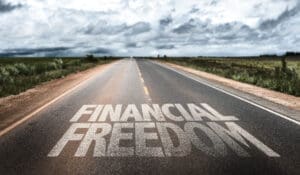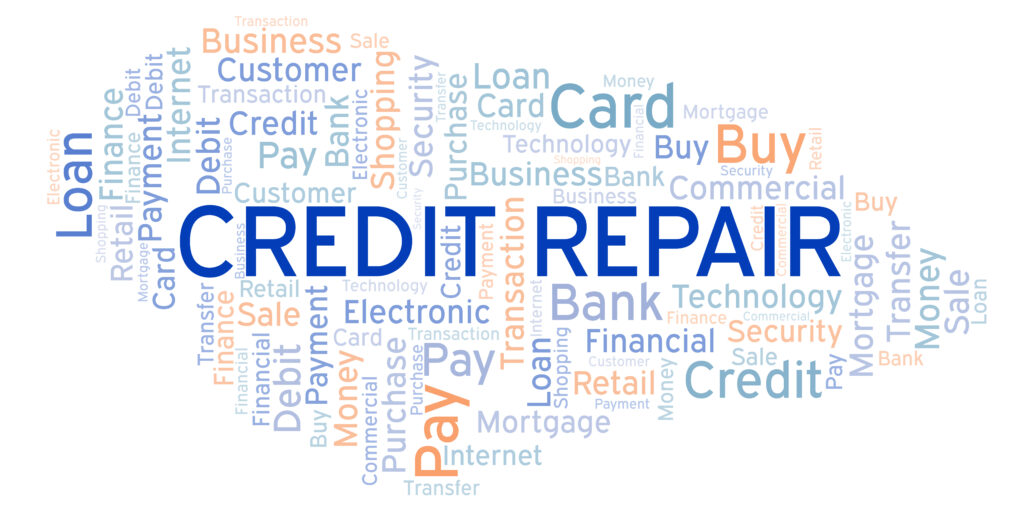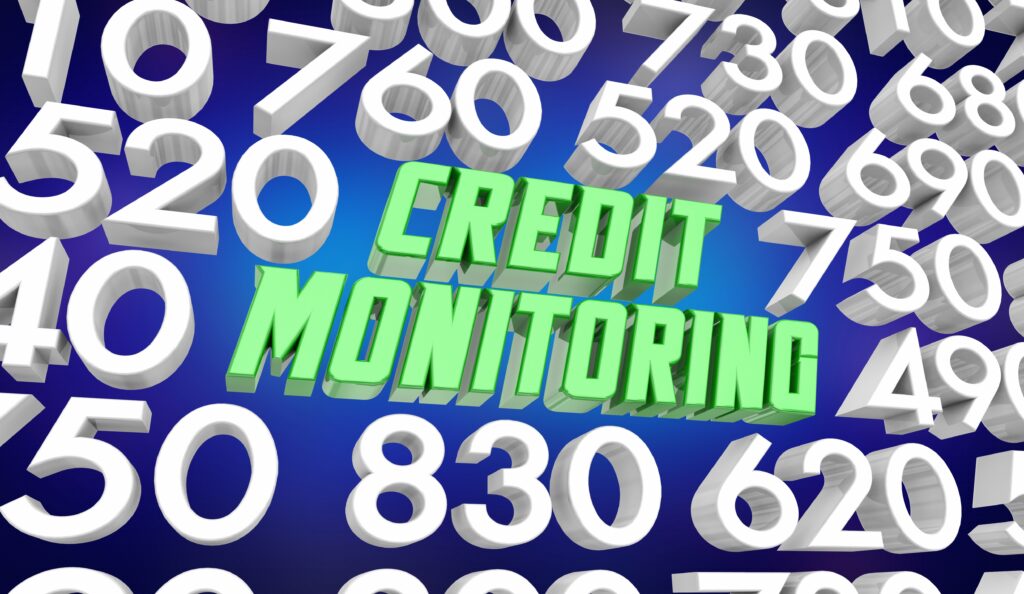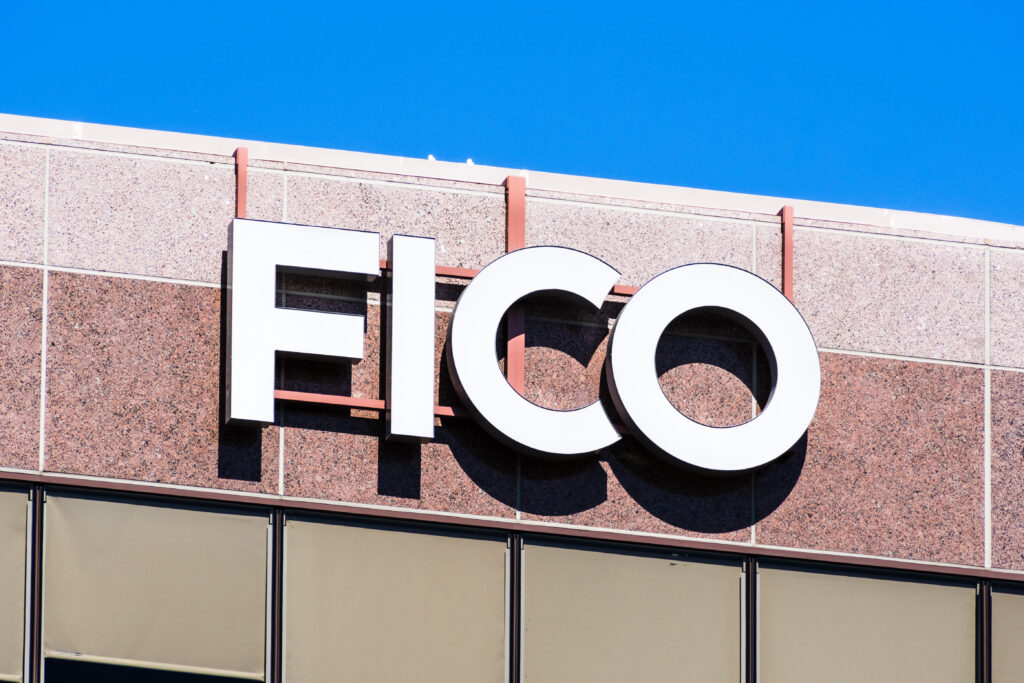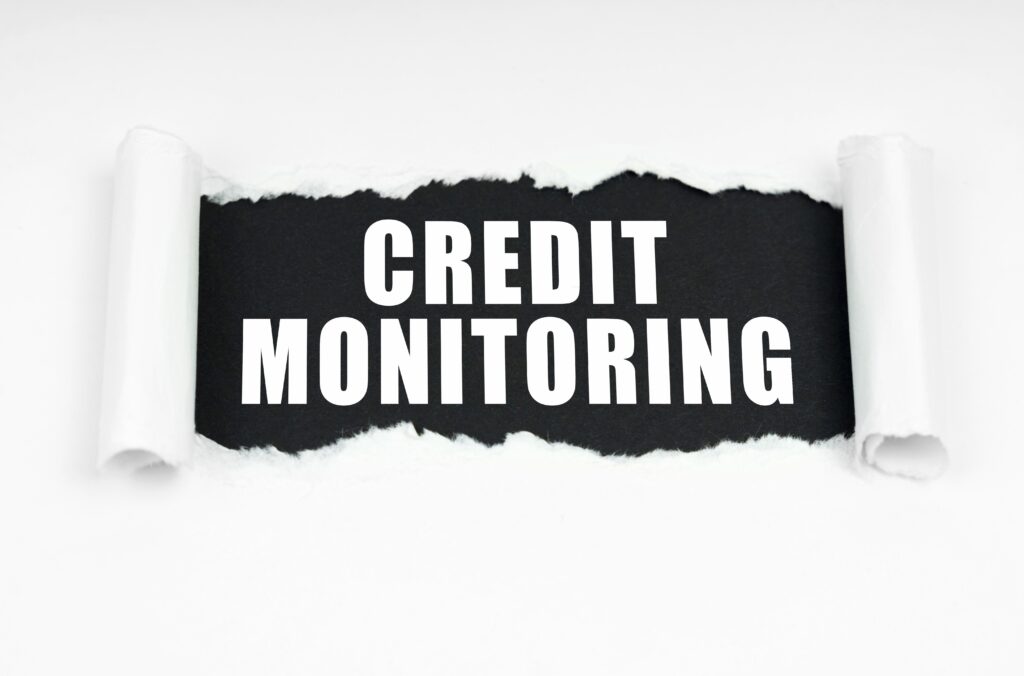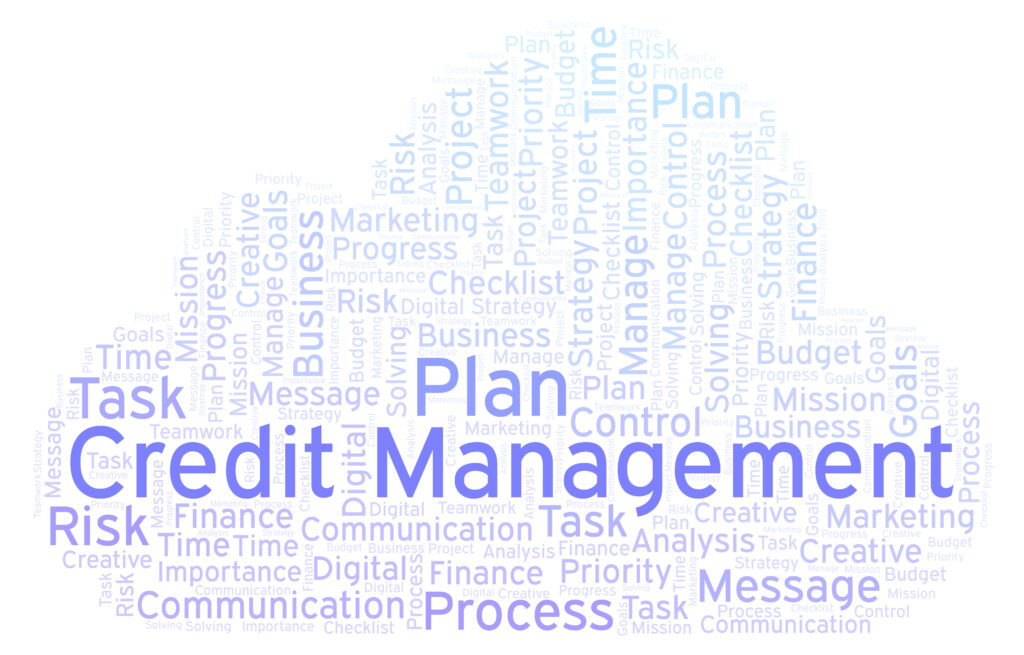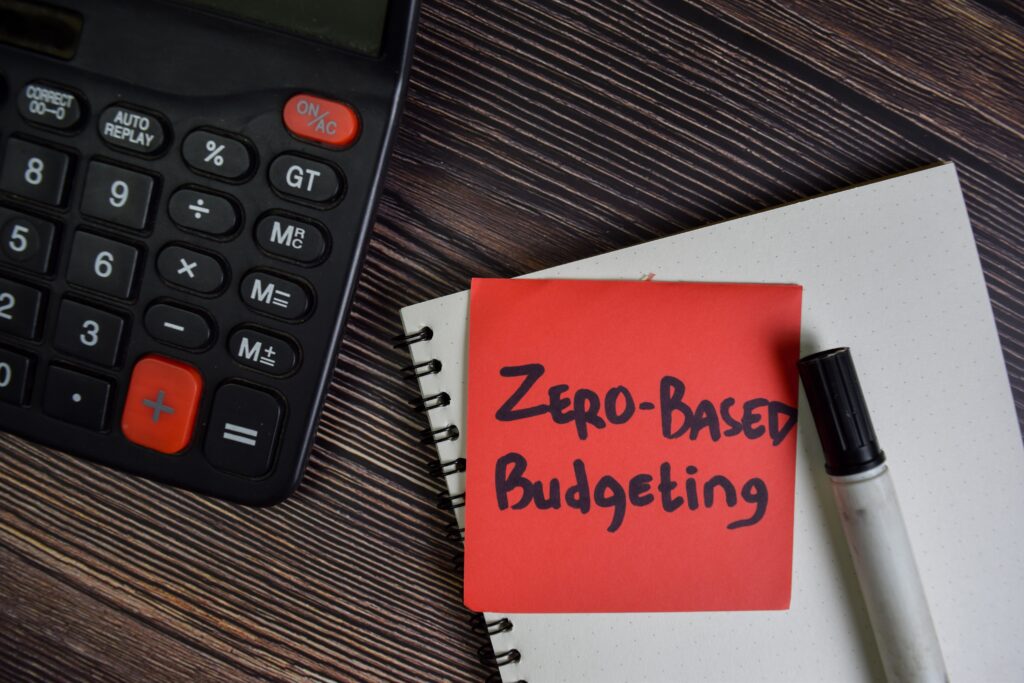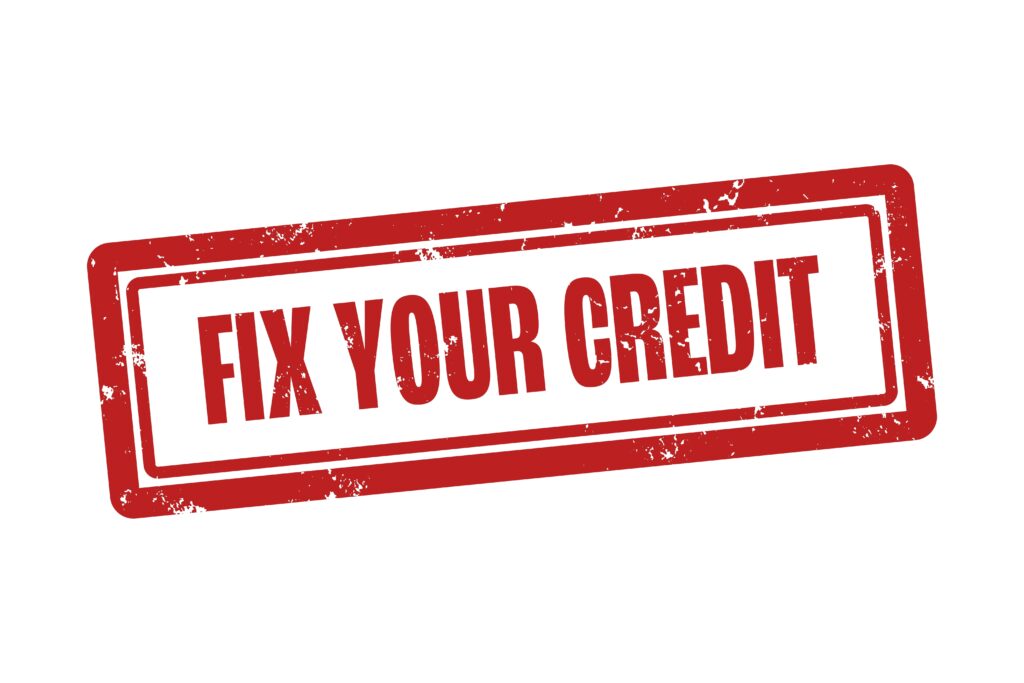Debt-Free – How Millennials Are Turning to Minimalism for Financial Freedom. Find Out More In Our Latest Article!
THIS ARTICLE MAY CONTAIN AFFILIATE LINKS, MEANING I GET A COMMISSION IF YOU DECIDE TO MAKE A PURCHASE THROUGH MY LINKS AT NO COST TO YOU. PLEASE READ MY AFFILIATE DISCLOSURE FOR MORE INFO.
DON’T HAVE TIME TO READ THE FULL ARTICLE. HERE’S WHAT YOU ARE MISSING.
- Millennial Mindset Shift
- Decluttering Life
- Financial Strategies for Debt Freedom
- Increasing Income Streams
- Investing in the Future
- Retirement Planning
- Investing in Minimalist Ventures
- Minimalist Lifestyle Benefits
- Improved Mental Health
- Increased Savings
- Environmental Impact
- Overcoming Challenges
- Success Stories
- Resources and Tools
- Frequently Asked Questions
In a world of constant consumerism, Millennials are responding by embracing minimalism as a pathway to financial freedom.
This fresh approach isn’t just about decluttering; it’s a dynamic lifestyle transformation.
By simplifying their lives and focusing on what truly matters, they are shedding possessions and debt and redefining success.
Millennials have seen firsthand how a generation is shifting its mindset regarding personal finance.
Rather than following in the footsteps of previous generations by accumulating debt and material possessions, more and more millennials are embracing minimalism to achieve financial freedom.
This lifestyle shift allows them to live debt-free with less clutter and thrive in ways previously thought impossible.
The principles of minimalism are simple: prioritize the things that truly matter and eliminate the rest.
In the world of debt management. Minimalism relates to being debt-free. By living with less, millennials can reduce expenses, pay off debt, and save for their future.
This approach to personal finance helps them achieve financial freedom and provides a sense of fulfillment and purpose in their lives.
The millennial mindset shifts towards minimalism, the principles of minimalism, financial strategies for debt freedom, investing in the future, and the benefits of a minimalist lifestyle.
In this article, we’ll explore:
- Millennials’ shift toward minimalism allows them to achieve financial freedom and live fulfilling lives.
- By prioritizing what truly matters? Millennials can reduce expenses, pay off debt, and save for their future.
- Minimalism provides financial benefits and a sense of purpose and fulfillment in life.
Millennial Mindset Shift

Millennials are prioritizing experiences and financial stability
Rejecting Consumerism
Many millennials are rejecting the consumerist culture that has been perpetuated for generations. We have realized that material possessions do not bring lasting happiness or fulfillment. Instead, we are focusing on living a simpler life with fewer possessions, which allows us to save money and reduce our environmental impact.
By rejecting consumerism, we also free ourselves from the pressure to keep up with the latest trends and fashions. This allows us to focus on our interests and passions rather than trying to impress others with our possessions.
Valuing Experiences Over Possessions
Another critical aspect of the millennial mindset shift is the value we place on experiences over possessions. Rather than spending money on material possessions, we invest in experiences that create lasting memories and personal growth.
This means we are more likely to travel, explore new cultures, and try new things. We are also more likely to invest in our education and personal development, which can lead to better career opportunities and financial stability in the long run.
The millennial mindset shifts towards minimalism, and financial freedom empowers us to take control of our lives and prioritize what truly matters. By rejecting consumerism and valuing experiences over possessions, we create a more fulfilling and sustainable way of living.
Decluttering Life

As a minimalist, I prioritize decluttering my life. This helps me simplify not only my physical space but also my mental space. I regularly review my belongings and ask myself if they bring me joy or serve a practical purpose. If not, I donate or sell them. This helps me focus on what truly matters and eliminate distractions.
Mindful Spending
I believe in being mindful of my spending. Before making a purchase, I consider whether it aligns with my values and is truly necessary. I also avoid impulse buying and plan my purchases. By intentionally spending, I can save money and avoid accumulating unnecessary items.
Quality Over Quantity
Lastly, I prioritize quality over quantity. I invest in high-quality items that will last a long time and serve multiple purposes. This saves me money in the long run and reduces waste. By buying fewer, higher-quality items, I can simplify my life and focus on what truly matters.
Financial Strategies for Debt Freedom

As a minimalist, I have found that adopting specific financial strategies has helped me achieve debt freedom. Here are a few strategies that have worked for me:
Budgeting for Minimalists
Budgeting is a crucial step in achieving financial freedom. However, I prefer to keep my budget simple and streamlined as a minimalist. I focus on essential expenses such as rent, utilities, and food and allocate some of my income to my debt repayment plan. I also set aside some money for savings and emergencies.
Debt Snowball vs. Debt Avalanche
Two popular methods for paying off debt are the debt snowball and the debt avalanche. The debt snowball method involves paying off debts from smallest to most significant balance, while the debt avalanche method involves paying off debts from highest to lowest interest rate. As a minimalist, I prefer the debt snowball method, which provides a psychological boost by paying off smaller debts first. However, the debt avalanche method may save money in the long run.
Increasing Income Streams
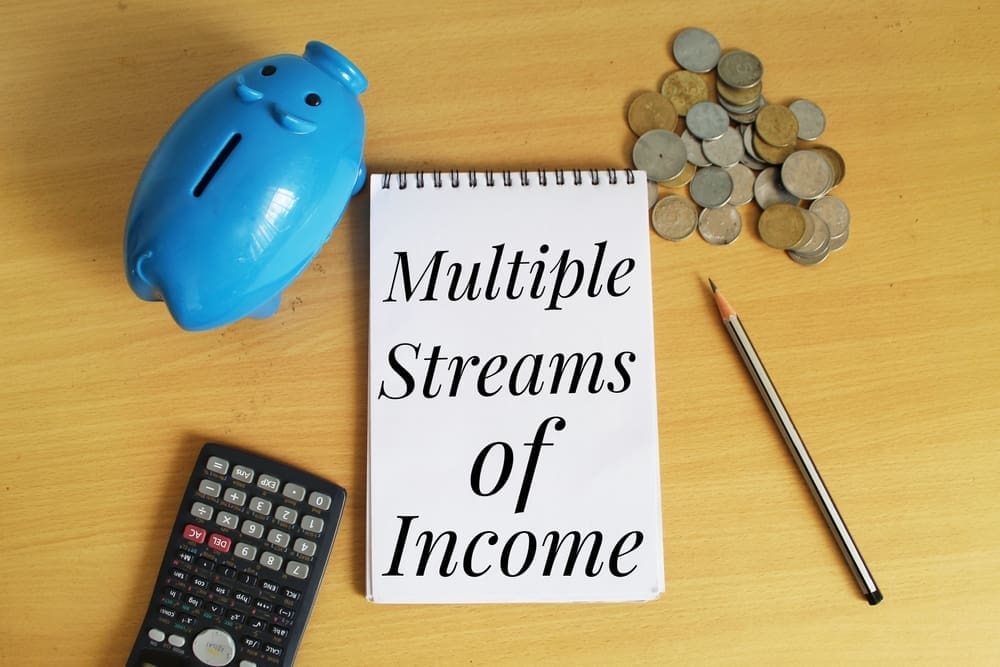
In addition to budgeting and debt repayment, increasing income can help achieve debt freedom. As a minimalist, I create passive income streams by investing in stocks or real estate. I also explore freelance opportunities or part-time work that aligns with my minimalist lifestyle and values.
By implementing these financial strategies, I have achieved debt freedom and live a minimalist lifestyle that aligns with my values.
Investing in the Future

As a minimalist millennial, I understand the importance of investing in the future. By embracing a minimalist lifestyle, I have saved money and invested in my future without the burden of debt.
Retirement Planning

Retirement may seem like a distant concept for many millennials, but there is still time to start planning. As a minimalist, I believe in living a simple life and saving for the future. One way I have been able to do this is by contributing to a 401(k) plan through my employer. By making regular contributions, I can save for retirement while reducing my taxable income.
Another retirement planning option is opening an Individual Retirement Account (IRA). This type of account allows you to save money for retirement while also providing tax benefits. I can grow my retirement savings over time by investing in a low-cost index fund.
Investing in Minimalist Ventures

As a minimalist, I always look for ways to invest in businesses that align with my values. One way I have done this is by investing in minimalist ventures. These companies promote a simple and sustainable lifestyle, such as companies that produce eco-friendly products or promote a sharing economy.
Investing in minimalist ventures allows me to support companies that align with my values and provides the opportunity for financial gain. By investing in these companies early on, I can profit as they grow and become more successful.
Investing in the future is essential to achieving financial freedom as a minimalist millennial. By planning for retirement and investing in minimalist ventures, I can live a simple and sustainable life while securing my financial future.
Minimalist Lifestyle Benefits

As a millennial embracing minimalism, I have experienced numerous benefits that have positively impacted my life. Here are some of the top benefits of a minimalist lifestyle:
Improved Mental Health

Minimalism has helped me reduce stress and anxiety by simplifying my life. By decluttering my physical space and removing unnecessary possessions, I have found that my mind is clearer and more focused. I have also learned to prioritize my time and energy on the things that truly matter to me, leading to a greater sense of purpose and fulfillment.
Increased Savings

Living a minimalist lifestyle has allowed me to save more money and achieve financial freedom. I have reduced my monthly expenses and increased my savings by cutting back on unnecessary expenses and focusing on essential items. This has given me more flexibility and freedom to pursue my passions and live on my terms.
Environmental Impact

Minimalism has also helped me reduce my environmental footprint by consuming less and living more sustainably. By buying fewer items and choosing high-quality, long-lasting products, I have reduced the amount of waste I produce and minimized my environmental impact. This has given me greater responsibility and purpose in contributing to a healthier planet.
Overall, embracing minimalism has been a game-changer for me. It has improved my mental health, increased my savings, and reduced my environmental impact. By simplifying my life and focusing on what truly matters, I have found greater happiness and fulfillment in my daily life.
Overcoming Challenges
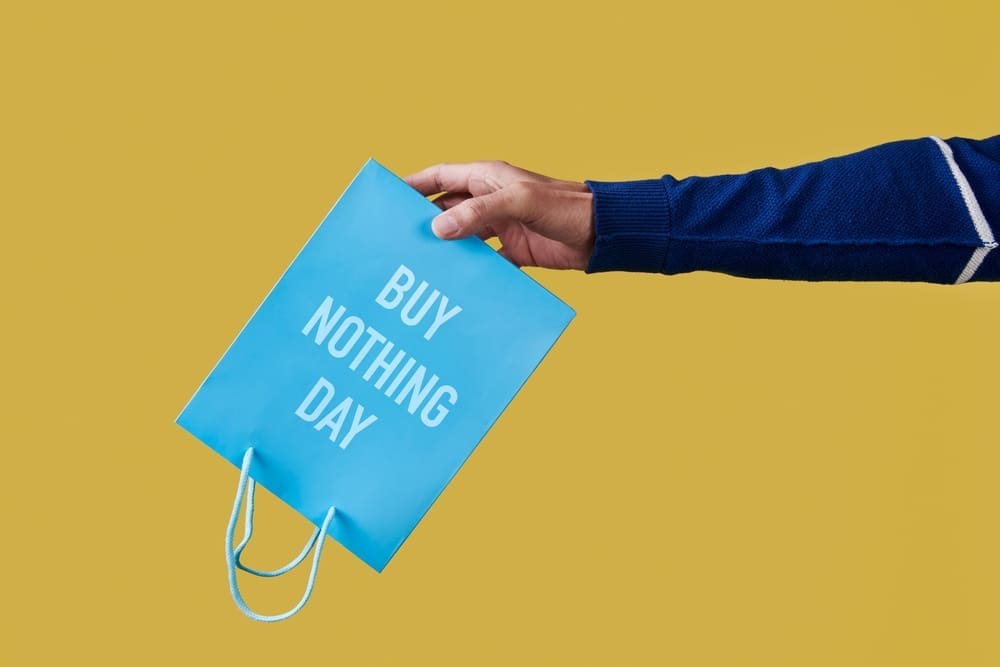
Social Pressure
One of the biggest challenges I faced when embracing minimalism was the social pressure to conform to the consumerist culture. Everyone around me always bought the latest gadgets, clothes, and cars. However, I realized that I didn’t have to follow the crowd. I started to question the necessity of my purchases and whether they would add value to my life in the long run.
To overcome social pressure, I found support in the minimalist community. I joined online groups and attended meetups to connect with like-minded individuals. Being in an environment where people understood my values and goals was refreshing. I also learned to say no to invitations that involved excessive spending and found alternative ways to socialize that aligned with my minimalist lifestyle.
Sustaining Minimalism
Another challenge I faced was sustaining my minimalist lifestyle. It’s easy to declutter your possessions and live with less, but it’s harder to maintain that lifestyle in the long term. Creating a budget and sticking to it was crucial for sustaining my minimalism. I tracked my expenses and ensured I was only spending money on things that added value to my life.
I also found it helpful to review my possessions and declutter as needed regularly. It’s easy to accumulate things over time, so assessing whether an item is necessary regularly or adds value to your life is essential. I created a system where I would donate or sell items that I no longer needed, which helped me maintain a clutter-free space.
Overall, overcoming social pressure and sustaining minimalism are two of the biggest challenges millennials face when embracing minimalism. However, achieving financial freedom and living a fulfilling life with less is possible with the right mindset and support.
Success Stories

Case Studies
I have had the pleasure of speaking with several debt-free millennials who have embraced minimalism and achieved financial freedom. One inspiring story is that of Sarah, a 27-year-old graphic designer who paid off her $40,000 student loan debt in just two years. She did this by downsizing her apartment, selling unnecessary possessions, and working a side hustle as a freelance designer.
Another success story is that of Mark, a 29-year-old software engineer who paid off $50,000 in credit card debt in three years. He achieved this by creating a budget, cutting unnecessary expenses, and increasing his income through a promotion at work.
Interviews with Debt-Free Millennials
In addition to these case studies, I interviewed several debt-free millennials to learn more about their experiences with minimalism and financial freedom. One interviewee, Rachel, a 30-year-old teacher, shared that minimalism helped her prioritize her spending and focus on what truly brings her joy. She was able to pay off her $25,000 student loan debt in five years by living below her means and increasing her income through tutoring on the side.
Another interviewee, Alex, a 26-year-old entrepreneur, shared that minimalism allowed him to simplify his life and focus on his business goals. He paid off his $20,000 car loan in two years by downsizing his living space and reducing his monthly expenses.
These success stories and interviews demonstrate that minimalism can be a powerful tool for achieving financial freedom. Debt-free millennials can live fulfilling lives without debt by prioritizing spending, reducing expenses, and increasing income.
Resources and Tools

As a millennial who has embraced minimalism to achieve financial freedom, I have found several resources and tools that have been incredibly helpful. Here are some of my top recommendations:
Books and Blogs
- The Minimalists—Joshua Fields Millburn and Ryan Nicodemus’s blog and podcast are excellent resources for anyone interested in minimalism. They offer practical advice and inspiration for simplifying life and achieving financial freedom. Their book, Everything That Remains, is also a must-read.
- The Simple Dollar – Trent Hamm’s blog offers a wealth of information on personal finance and frugal living. While not strictly focused on minimalism, many of the principles discussed on the blog align with a minimalist lifestyle.
- “The Life-Changing Magic of Tidying Up” by Marie Kondo – This book has become a cultural phenomenon for good reason. Kondo’s KonMari method of decluttering and organizing is a great starting point for anyone looking to simplify their life.
Apps and Online Communities
- YNAB (You Need A Budget) – This budgeting app has been a game-changer for millennials. It’s helped many manage finances and prioritize my spending. The app is easy to use and offers excellent support and resources.
- r/minimalism – This subreddit is a great place to connect with like-minded individuals and get inspiration for living a simpler life. The supportive community offers excellent advice for anyone looking to embrace minimalism.
- Decluttr—This app makes it easy to sell unwanted items and declutter your home. It’s a great way to simultaneously earn extra cash and simplify your life.
Overall, these resources and tools have benefited my journey toward being debt-free and thriving. I hope they can be helpful to you as well!
Frequently Asked Questions
How can adopting a minimalist lifestyle contribute to reducing personal debt?
Adopting a minimalist lifestyle can help reduce personal debt by encouraging individuals to reassess their spending habits and prioritize their financial goals. By focusing on needs over wants, minimalists can reduce their expenses and save more money, which can be used to pay off debt. Additionally, minimalism encourages individuals to live within their means and avoid taking on unnecessary debt.
What are the core principles of financial minimalism that support debt elimination?
The core principles of financial minimalism which support debt elimination include:
Living within one’s means.
Prioritizing needs over wants.
Avoiding consumerism and unnecessary purchases.
Focusing on long-term financial goals.
These principles can help individuals reduce expenses, increase their savings, and eliminate debt.
In what ways does being debt-free differ from achieving complete financial independence?
Being debt-free means eliminating all personal debt and no longer paying for it. On the other hand, achieving complete financial independence means having enough savings and investments to support their desired lifestyle without the need for traditional employment. While debt-free is essential to financial independence, it is not the only factor to consider.
What steps should one take to transition towards a financially minimalist life?
The initial steps to transitioning to a financially minimalist life include:
Assessing their current expenses.
Creating a budget.
Identifying areas where they can reduce their spending.
Setting financial goals.
Decluttering and simplifying one’s possessions can also help reduce the desire for unnecessary.
How does minimalism address everyday spending habits that lead to debt accumulation?
Minimalism addresses everyday spending habits that lead to debt accumulation by encouraging individuals to focus on needs over wants, avoid consumerism and unnecessary purchases, and live within their means.
By adopting a minimalist lifestyle, individuals can reduce expenses and avoid unnecessary debt.
What long-term strategies do financial minimalists use to maintain their freedom from debt?
Millennials use various long-term financial strategies to maintain their freedom from debt, including continuing to live within their means, prioritizing their financial goals, avoiding unnecessary purchases, and investing in their future.
It is also important to regularly reassess one’s expenses and adjust their budget to ensure continued financial stability.
Disclaimer: Millennial Credit Advisers is not a licensed credit service provider or financial advisor. We don’t offer credit repair, debt management, or legal services. Educate yourself on saving, reducing debt, and managing credit for economic improvement. Understand credit reports, scores, and financial products. Consult a financial advisor for personalized advice. Track your progress for a better credit journey.
Written content: Please view our full AI Use Disclosure.
We improve our products and advertising by using Microsoft Clarity to see how you use our website. By using our site, you agree that we and Microsoft can collect and use this data. Our privacy policy has more details.


